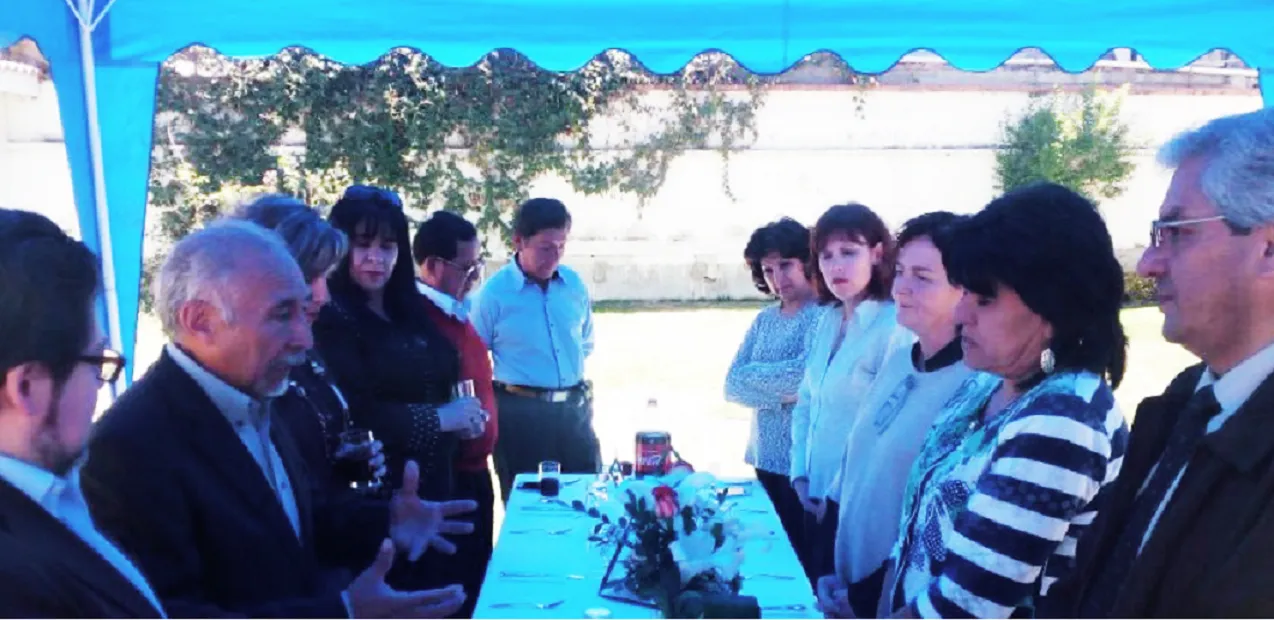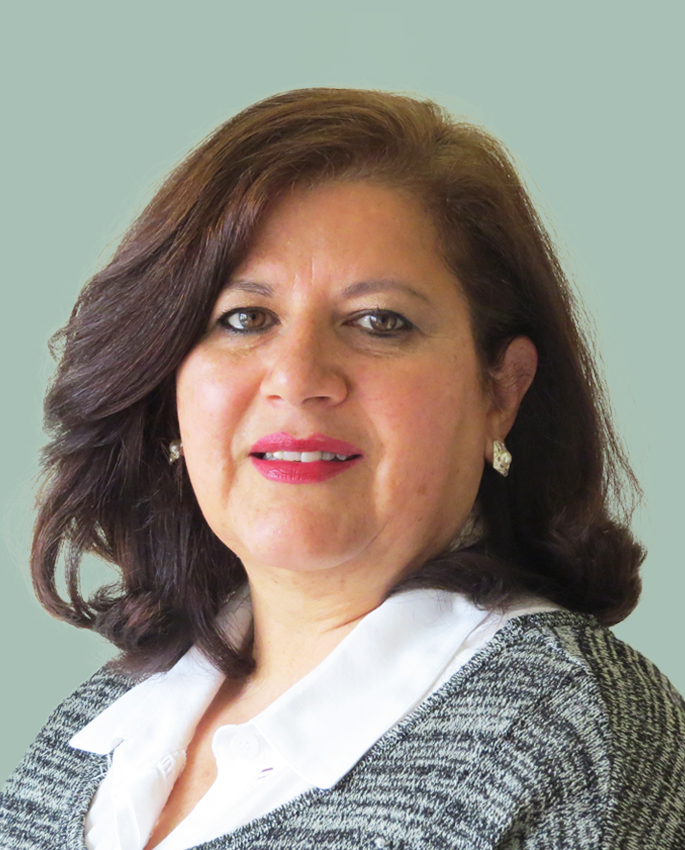Ten years of strengthening democracy in Bolivia

On 2 October 2017, International IDEA celebrated a decade of work in Bolivia, satisfying the mission of supporting democratic processes and institutions. Its work focuses on four thematic areas: constitutional building; electoral processes; participation and political representation; democracy and development. It also works transversally on gender, diversity, conflict and security issues.
Este articulo se encuentra disponible en Castellano.
Taking stock of the progress made during these years, it can be said that International IDEA met the programmed objectives and achieved relevant results in line with the strengthening of the Plurinational Electoral Organ (OEP) in its role as guarantor of intercultural democracy as well as of the Plurinational Legislative Assembly in the development of constitutional legislation, to the Departmental Governments in the construction of strategic visions of development and in strengthening their planning capacities to improve efficiency of the departmental public management with inclusion, transparency and citizen participation in the processes of deliberation, control and accountability.
Since the beginning of its activities in 2007, International IDEA provided technical assistance and comparative knowledge to the OEP on specific issues. The president of the Supreme Electoral Tribunal (TSE) Katia Uriona weighted the support of international IDEA to strengthen the OEP with the construction of an institutional management model and the competences related to Civil Registry, electoral jurisdiction, electoral processes and Intercultural Democracy and gender parity.
One of the greatest efforts of the International IDEA Office in Bolivia has been to promote the inclusion and participation of women in the areas of representation and political decision-making. The Coordinator of the Women's Coordinator (CM), Rosario Ricaldi, believes that the Alliance of CM with International IDEA contributed to strengthen the articulated actions between the affiliated institutions of the Network and the social organizations of plural women and diverse for the construction of proposals of public policy and political incidence in the departmental governments. In addition, it allowed the promotion, through departmental public policies or plans, of a comprehensive approach to violence and the exercise of the right to full political participation of women authorities, consequently contributing to intercultural and parity democracy.
The development of a Youth Policy Agenda is in an initial stage involving young leaders from diverse organizations, including political organizations, from the five departments in which International IDEA is currently working. There were spaces for dialogue between young people to build consent and present proposals for the drafting of Departmental Youth Law, a task that is coordinated with the Departmental Legislative Assemblies (ALD).
According to one of the young leaders of La Paz, Fabiola Almanza, Vice-president of the Departmental Legislative Assembly, thanks to the support of International IDEA, young people strengthen their ties of social and political articulation that helps them to organize internally for the achievement of collective goals.
After 10 years of activities in Bolivia, International IDEA is committed to continue its efforts to strengthen the institutions that work to improve Bolivian democracy. The process is long and complex, but there is the conviction that the effort will pay off.




